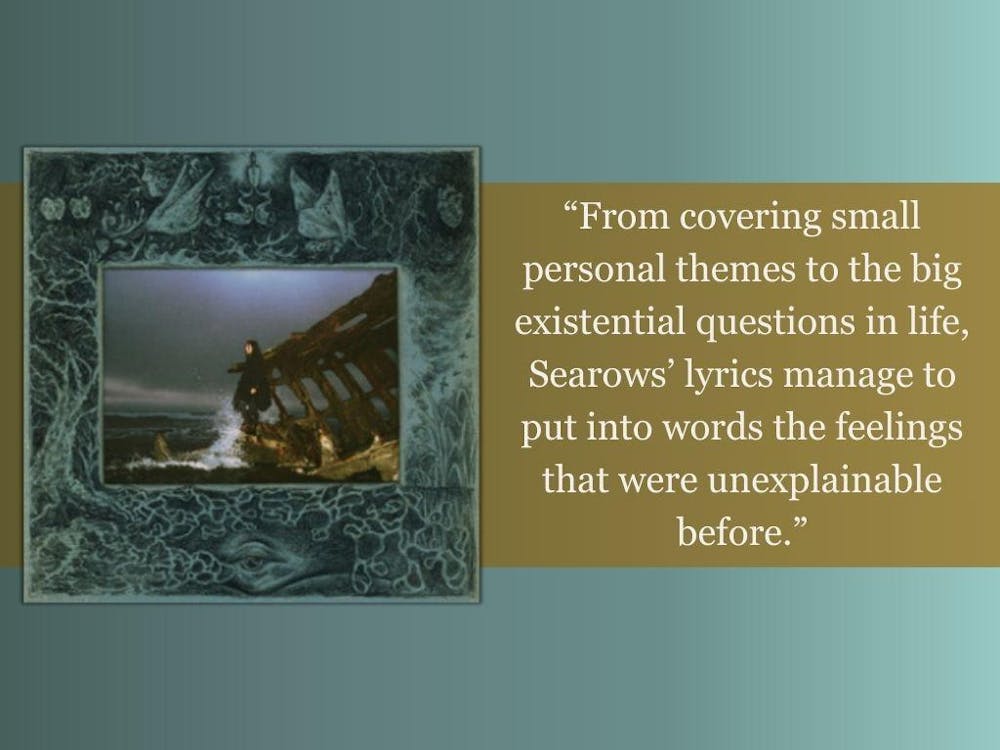In the summer of 1964, hundreds of students gathered on what is now Miami University’s Western Campus to learn how to register African American voters in the South, specifically Mississippi. Among them was retired Miami philosophy professor Rick Momeyer.
Arrested three times, indicted by a grand jury and assaulted with various weapons in the South, Momeyer is an expert on Freedom Summer and its significance.
“If you don’t know black history, you don’t know American history,” Momeyer said. “It’s not a separate history.”
For two hours on Wednesday, Feb. 26, Momeyer and other Miami faculty explored this idea in front of the crowd gathered for the premiere of “Training for Freedom: How Ordinary People in An Unusual Time and Unlikely Place Made Extraordinary History.”
The 40-minute documentary was spearheaded by Miami’s Media, Journalism, and Film department and told the story of Freedom Summer in 1964.
The film was shown in Peabody Hall’s Leonard Theater because many of the training sessions for Freedom Summer, originally known as the Mississippi Summer Project, took place there.
After the documentary, area coordinator and associate lecturer of journalism Patricia Newberry led a panel on how to translate the lessons of 1964 into action today with Momeyer and Nishani Frazier, the director of graduate studies for Miami’s department of history. Tammy Kernodle, a professor from the department of music, was scheduled to be on the panel but could not speak due to a scheduling conflict.
While the documentary played on the big screen above the stage, the panel took place on the floor in front of the stage. Momeyer told the audience that Bob Moses, the main organizer of Freedom Summer, always led training sessions for Freedom Summer at the same level as the volunteers to promote the idea that they were all equal.
“Bob Moses never stood on that stage,” Momeyer said. “In the movement, we were all at the same level.”
Frazier and Momeyer spent about an hour discussing how Freedom Summer is a vital part of Miami’s history. The Mississippi Summer Project originally took place at the Western College for Women, they explained, and Miami University, a traditionally conservative college in a conservative Midwestern state, wanted nothing to do with the training at that time.
The discussion transitioned into highlighting the many ways both the documentary and history of Freedom Summer should matter for Miami students today.
“The very way we understand the rights, freedoms and democracies as they exist in the United States is embedded in the fight for black freedom,” Frazier said.
Enjoy what you're reading?
Signup for our newsletter
From initial conflict between staff and volunteers during the first week of training to news of James Cheney, Michael Schwerner, and Andrew Goodman’s deaths, the summer was a roller coaster of moments fraught with tension and emotion that many of the panelists and audience members believe should be incorporated into Miami's curriculum.
According to the panelists, Freedom Summer was about people getting a chance to know each other on a human level.
Junior media and culture and neuroscience double major Amanda Huang said while she only came to this event for her journalism class, she learned a lot.
“It’s really interesting to hear these perspectives and how we need to think differently to be able to overcome these barriers that we have to have change,” Huang said.
Momeyer and Frazier spent the latter portion of the panel calling students to action. They discussed how Miami students should challenge themselves to study black history and foster relationships with people that aren’t necessarily like them.
“We really fail to understand the ways in which calls for freedom push other groups [and] other people,” Frazier said.
Momeyer and Frazier ended the panel by talking about several ways to incite students on campus and bridge the communication barrier that so often gets in the way of thoughtful discussion in today’s political climate.
“Now this is for most of you, not all of you, but it would’ve been for me,” Momeyer said. “Acknowledge your ignorance about black people and black culture. You don’t know squat.”



